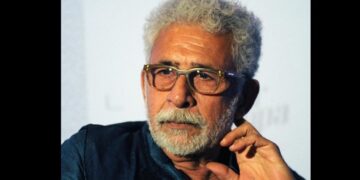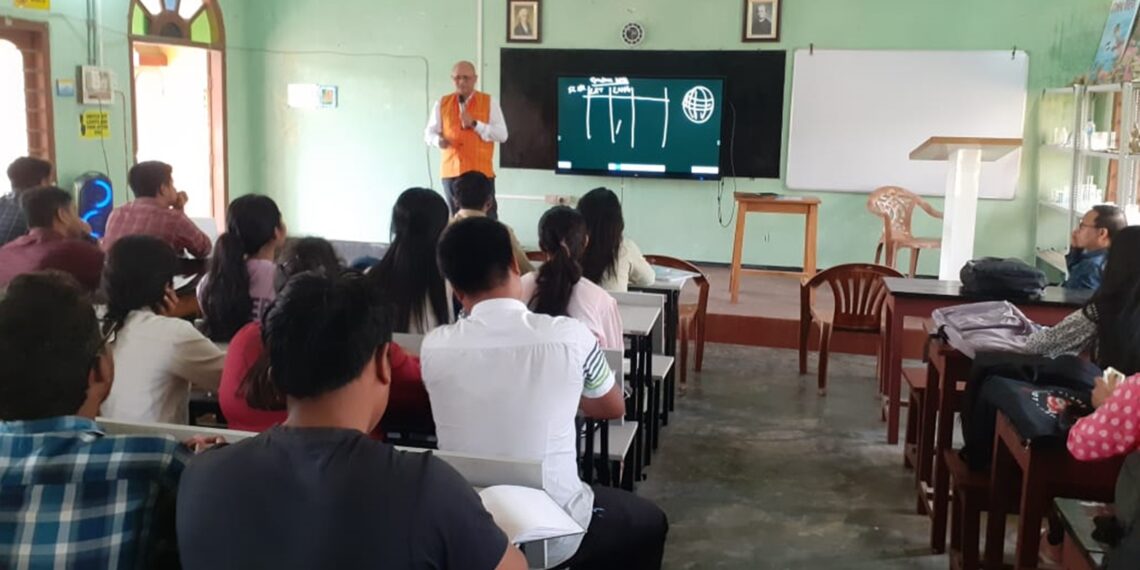GUWAHATI: The two-day workshop on the Application of Geospatial Tools in Wildlife Studies, organised by the Centre for Wildlife Research & Biodiversity Conservation (CWRBC) at the Department of Zoology, Bodoland University, concluded successfully on Thursday.
A total of 45 participants, including postgraduate students, PhD scholars, and teaching faculties from various institutes, participated in the workshop.
The inaugural session that began on Wednesday, saw Prof Babu Lal Ahuja, the Vice Chancellor and Chief Guest, deliberating on the significance of wildlife research, drawing from ancient Indian traditions where animals were associated with deities.
He highlighted the importance of geospatial tools in tracking animals and discussed spatial and temporal coordinates, acknowledging the challenges and uncertainties involved.
Dr Manjil Basumatary, the Academic Registrar and Guest of Honour, commended the organisers for arranging the workshop and urged for more such initiatives to supplement the existing curriculum.
Prof Hilloljyoti Singha, Director of CWRBC and convener of the workshop, outlined its objectives and background, while Dr Kushal Choudhury, Head of the Zoology Department, highlighted the practical benefits for postgraduate students.
Dr Pranjit Kumar Sarma, Associate Professor at the Department of Geography, Bhattadev University, delivered a talk on “Alteration of Landuse Land Cover as a Serious Threat to Wildlife” during the inaugural session.
The subsequent sessions over the two days covered various topics, including Rhino Habitat Suitability Assessment, Hands-on Training on ARC GIS and Google Earth, Basics of Remote Sensing, and Image Interpretation Techniques.
The valedictory session, hosted by Saurabh Mardi, another PhD scholar, saw Prof. Sujit Deka, Dean of Science & Technology, as the Guest of Honour.
Prof. Deka praised the organisers and encouraged further collaborations.
Participants expressed their feedback, suggesting longer durations for future workshops.
Certificates were distributed by the Director of CWRB, and the event concluded with a vote of thanks by Rupak Sutradhar, another PhD scholar of the Department.















